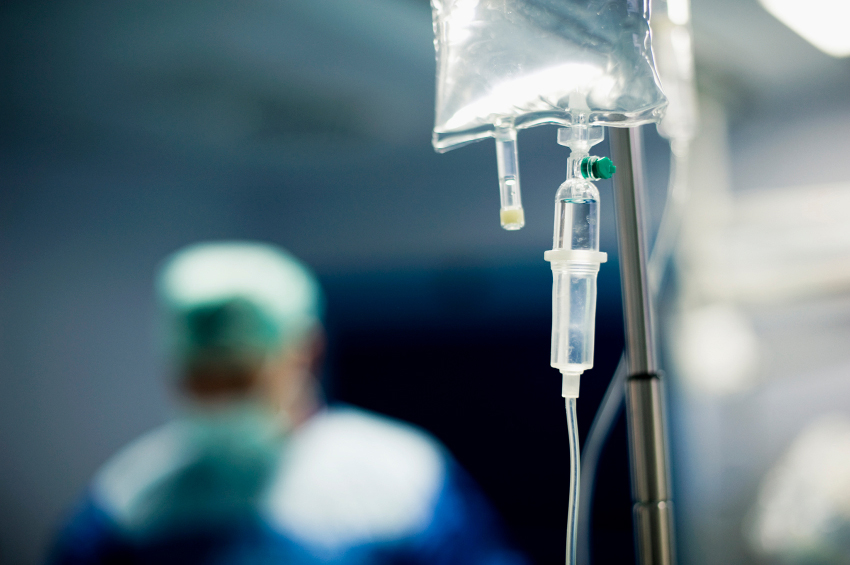In July 2018, the UK Supreme Court abolished the need for legal authorisation to withdraw a patient’s food and water if both family and doctor agree (see UK Supreme Court authorises withdrawal of food and water for patients in a vegetative state). The General Medical Council ” recently published its guidelines on this issue”.
This decision “dates back to a 1993 decree”, which refers to food and artificial hydration as medical treatments. From that point onwards, a doctor or relatives of an unconscious or minimally conscious patient could “ask a judge to authorise the discontinuation of these treatments. The patient would die almost immediately following the withdrawal of food and water”. Today, there is no longer a need to involve judges except in cases where the doctor and the patient’s family do not agree.
However, the European Institute of Bioethics points out that “food and water constitute basic care which, like personal hygiene, meet a fundamental energy requirement of any organism, whether healthy or sick. In principle, they must be guaranteed in cases where the patient cannot manage unaided and the nutrients can be assimilated correctly, unless this approach is contraindicated on medical grounds”. Therefore, the withdrawal of a patient’s food and water is “sometimes” seen as an act of euthanasia, “by omission”. For Dr Peter Saunders, Director of the UK campaign, Care Not Killing, “this decision has removed the safeguard of judicial protection for vulnerable patients”, and will facilitate “euthanasia under a different guise”.
Institut Européen de Bioéthique (9/01/2018)

